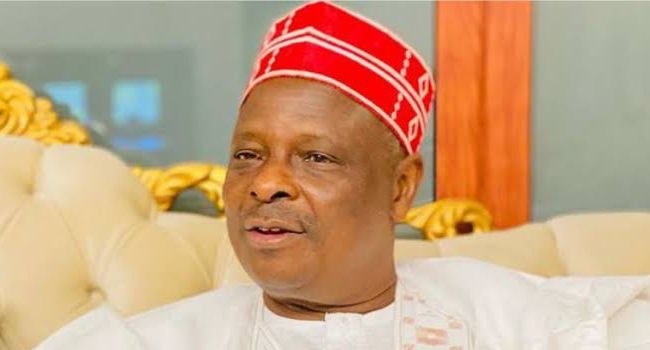Politics
Protests Erupt in Nigeria Over Rising Costs and Bad Governance

Nigerian troops and police are on high alert in Lagos and Abuja as protests erupt across the nation over the rising cost of living. The demonstrations, which are expected to last for ten days, come at a time when many Nigerians are struggling with soaring inflation and a severely devalued naira currency.
President Tinubu‘s economic reforms introduced a year ago have sparked discontent. Following those reforms, food prices have surged, hitting a staggering inflation rate of 40 percent, and fuel costs have tripled.
The protest movement, tagged #EndbadGovernanceinNigeria, has gained momentum with a strong online campaign. People are coming together to express their frustrations with the government as they grapple with the rising prices of essential goods.
Things escalated recently, with police using tear gas to disperse protestors in Abuja. In the northern city of Kano, demonstrators clashed with police while trying to set bonfires outside the governor’s office.
Security forces have tightened their grip, blocking access to key areas like Abuja’s Eagle Square—one of the main protest sites. In Lagos, police and soldiers are stationed at critical locations, including the Lekki toll gate, which has a troubled history of protests turning deadly.
Lagos State police commissioner, Adegoke Fayoade, emphasized the importance of ensuring peaceful protests, promising to prevent any violence reminiscent of the bloodshed seen during the protests of 2020.
In an effort to alleviate the growing economic burdens, the government announced plans to deliver grains to various states and provide aid to the most vulnerable citizens. However, many Nigerians are still stocking up on food and essentials, fearing the potential for increased violence during the protests.
Activist Ismail Olushola Oladare, who also took part in the demonstrations back in 2020, stated that the current protests are rooted in the demand for a stop to police brutality as well as the urgent need to address the poor living conditions the populace is facing.
Protest leaders, formed from a range of civil society groups, are determined to continue with their planned rallies, despite facing legal challenges aimed at restricting their gatherings to public parks.
Protest organizer Omolola Pedro pointed out that the goal is to send a clear message to the government—Nigerians have had enough of the human rights violations and the deteriorating economic situation.
The protests revolve around a list of 19 demands, primarily focusing on the call to remove the state subsidy on petroleum products, which many blame for the ongoing crisis.
These demonstrations come in the wake of unrest in other African nations, where citizens have taken to the streets against similar issues. In Kenya, protests against tax hikes turned violent, prompting a government response.
In Nigeria, concerns have grown about potential violence as people organize protests inspired by actions in Kenya. Police inspector general Kayode Egbetokun warned against any plans to disrupt peace or danger national infrastructure, stating that they will take necessary action against any violent intentions.












